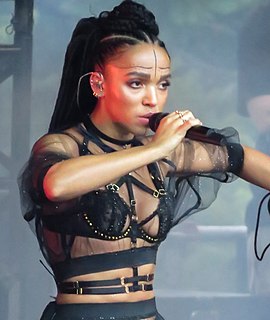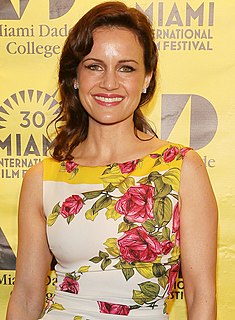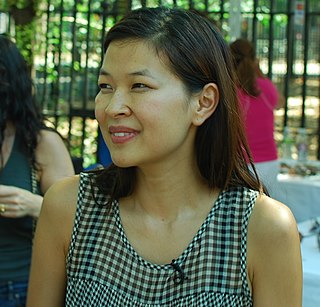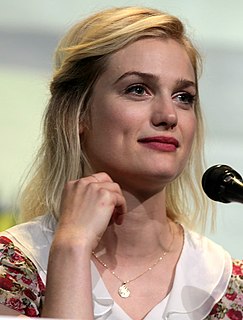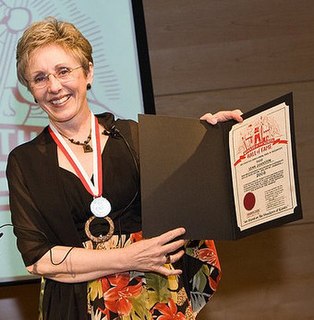A Quote by Peter Capaldi
My childhood growing up in that part of Glasgow always sounds like some kind of sub-Catherine Cookson novel of earthy working-class immigrant life, which to some extent it was, but it wasn't really as colourful that.
Related Quotes
A novel is what you dream in your night sleep. A novel is
not waking thoughts although it is written and thought
with waking thoughts. But really a novel goes as
dreams go in sleeping at night and some dreams are like
anything and some dreams are like something and some
dreams change and some dreams are quiet and some dreams
are not. And some dreams are just what any one would
do only a little different always just a little
different and that is what a novel is.
I always felt like Tahliah's a very grown-up name to have. It's a pretty name when you're young, and then I think when I became a young lady, it felt kind of like a lot to grow into for some reason. I don't know. It sounds kind of regal. I never really liked it. I always felt like I couldn't live up to it.
If you take into account prisoners, a large majority of African American men in some urban areas, like Chicago, have been labeled felons for life. These men are part of a growing undercaste - not class, caste - a group of people who are permanently relegated, by law, to an inferior second-class status.
I was a really, really serious kid. And a really kind of controlling kid. Like I had things that, now, people would say are like - there's a name for many disorders as we know - but I would say, "If I pick this rubber band, then this will happen." It was that kind of want to control things, which I think all kids have to some extent.
Conversations about money, culture, power, class - it's at the center of my identity. I think it's a combination of being born to immigrant parents, growing up relatively poor, and really living in a world where formal institutions, like banks and anywhere that you had to sign a contract, was really feared and avoided at all costs.




